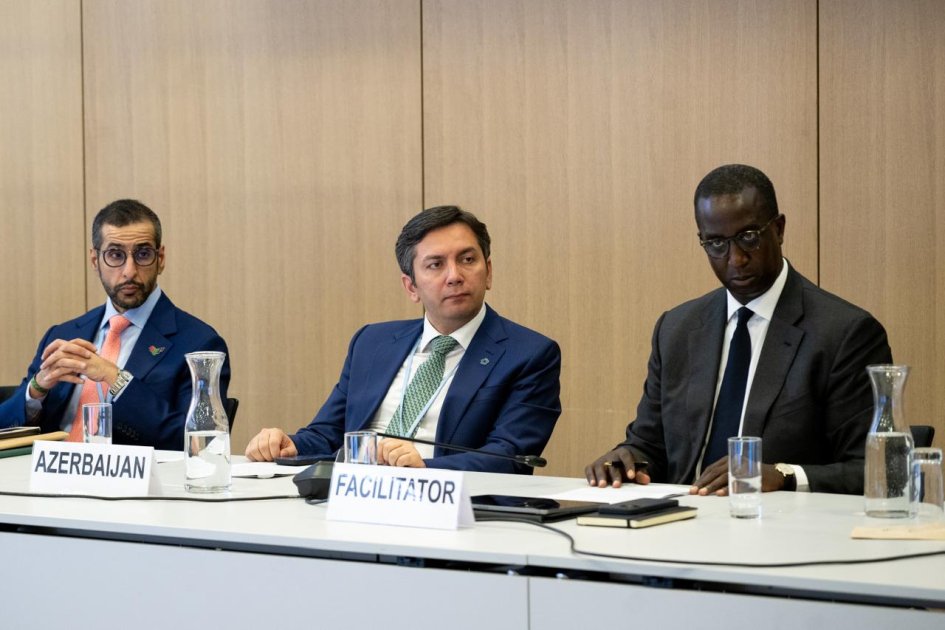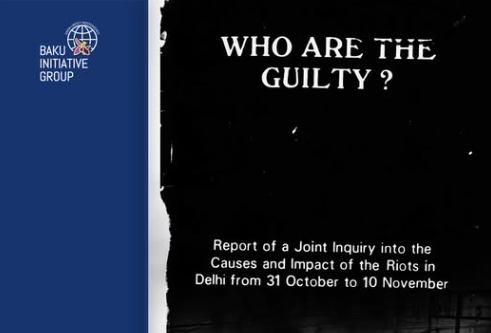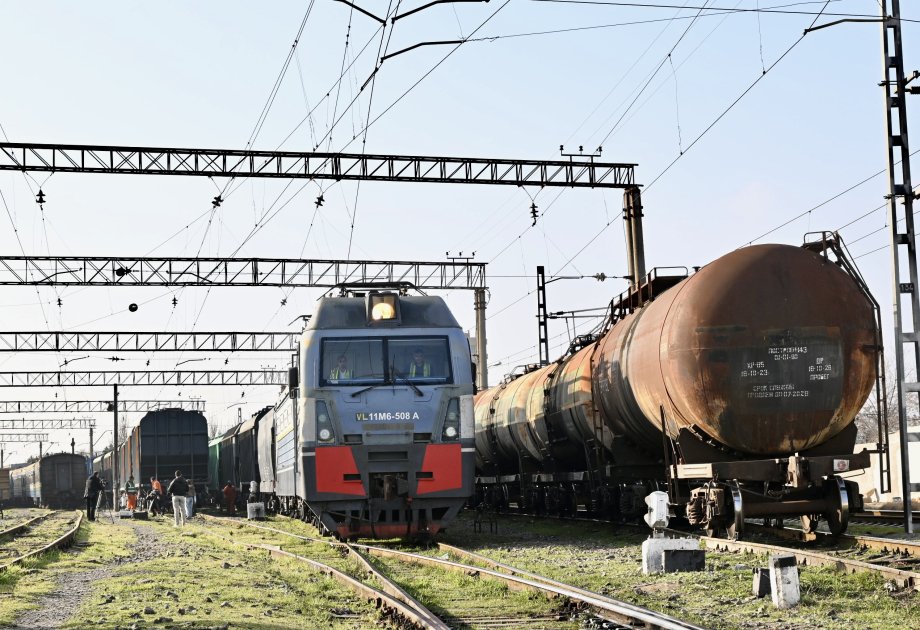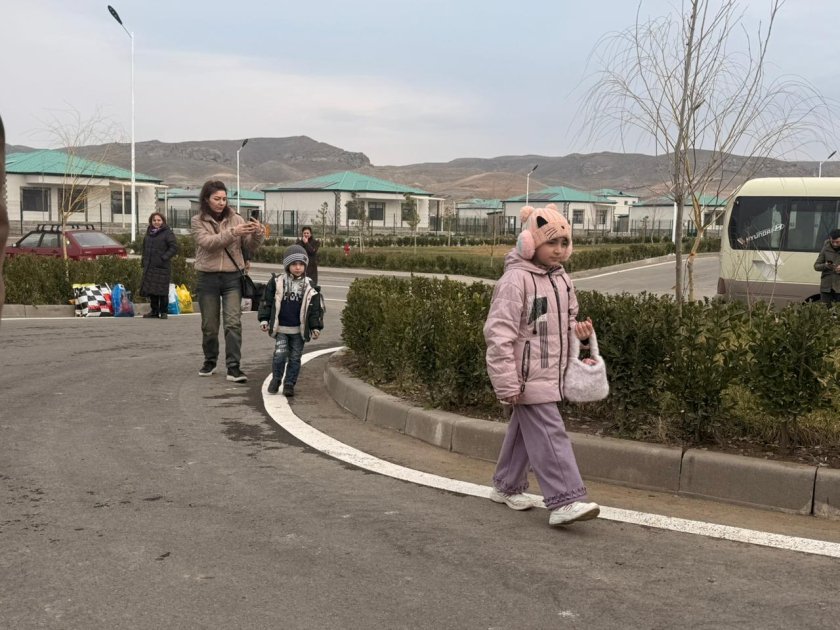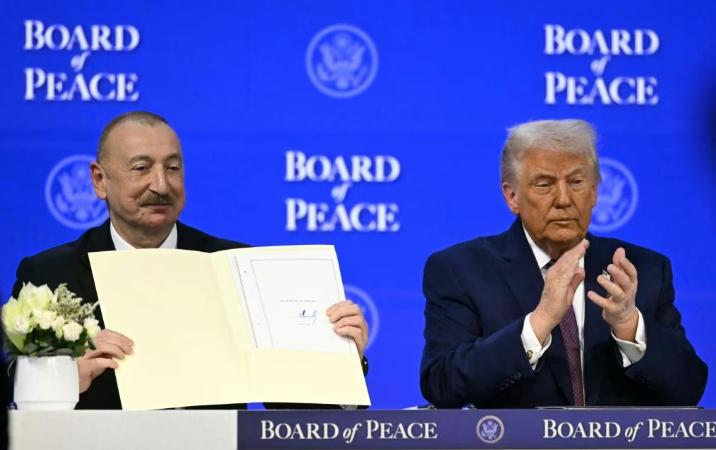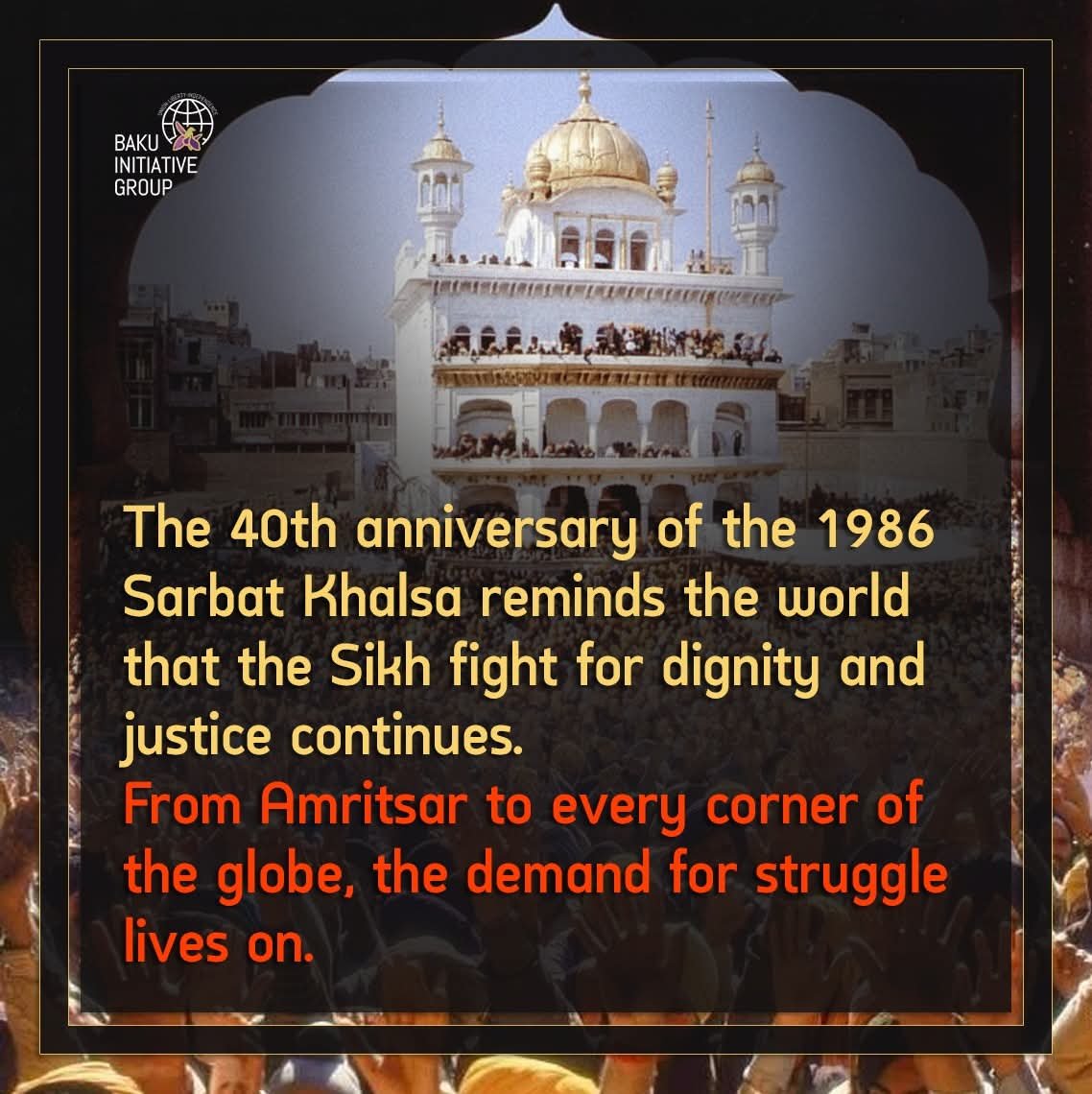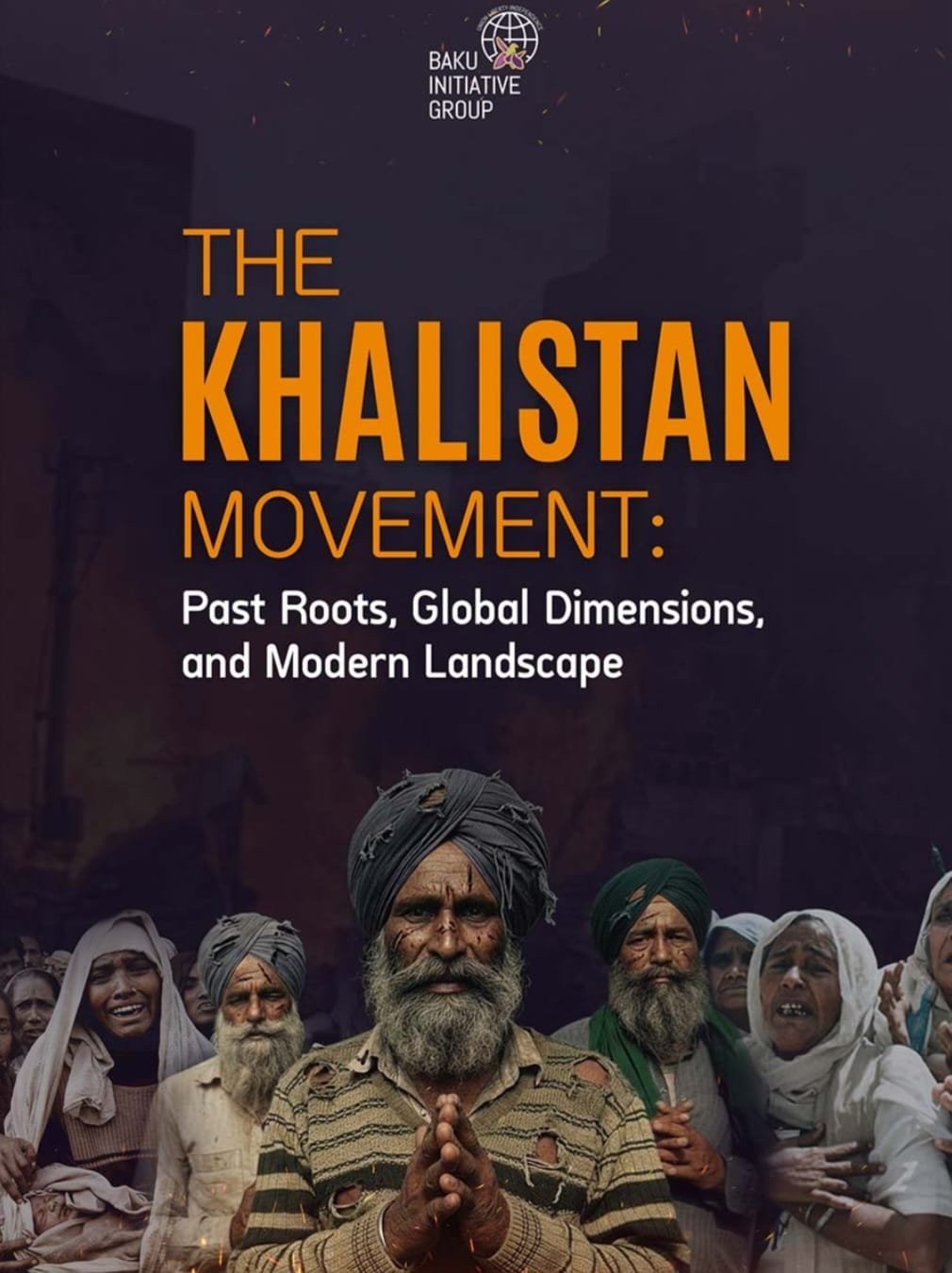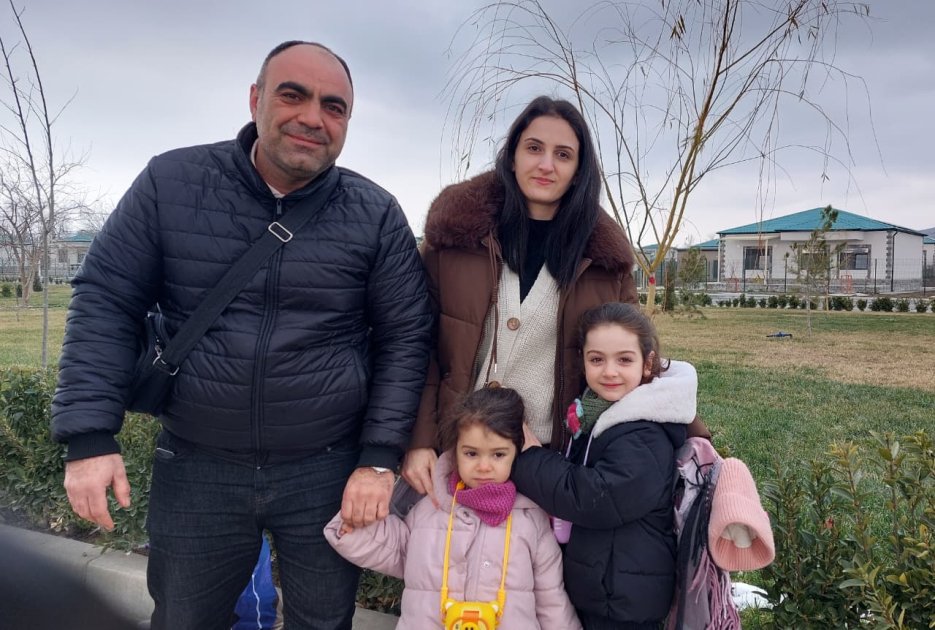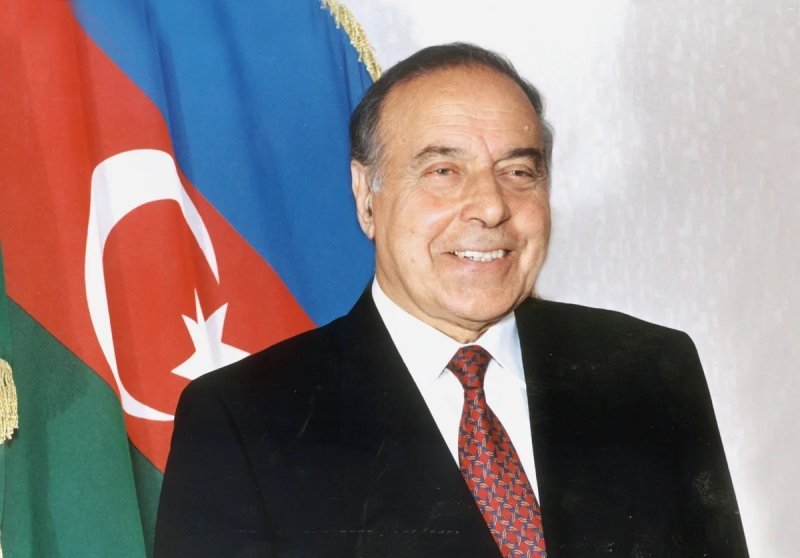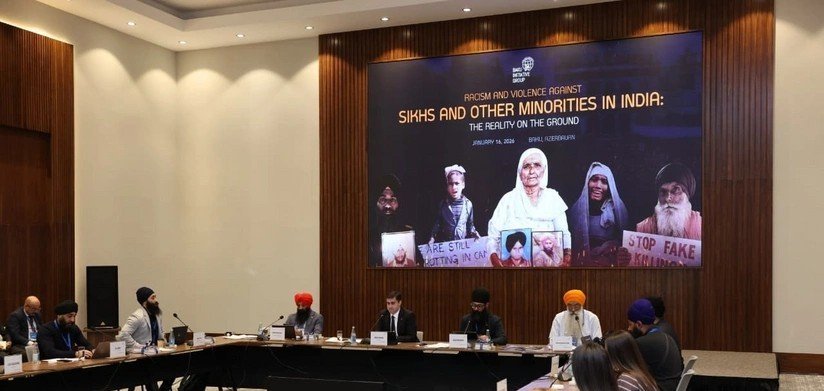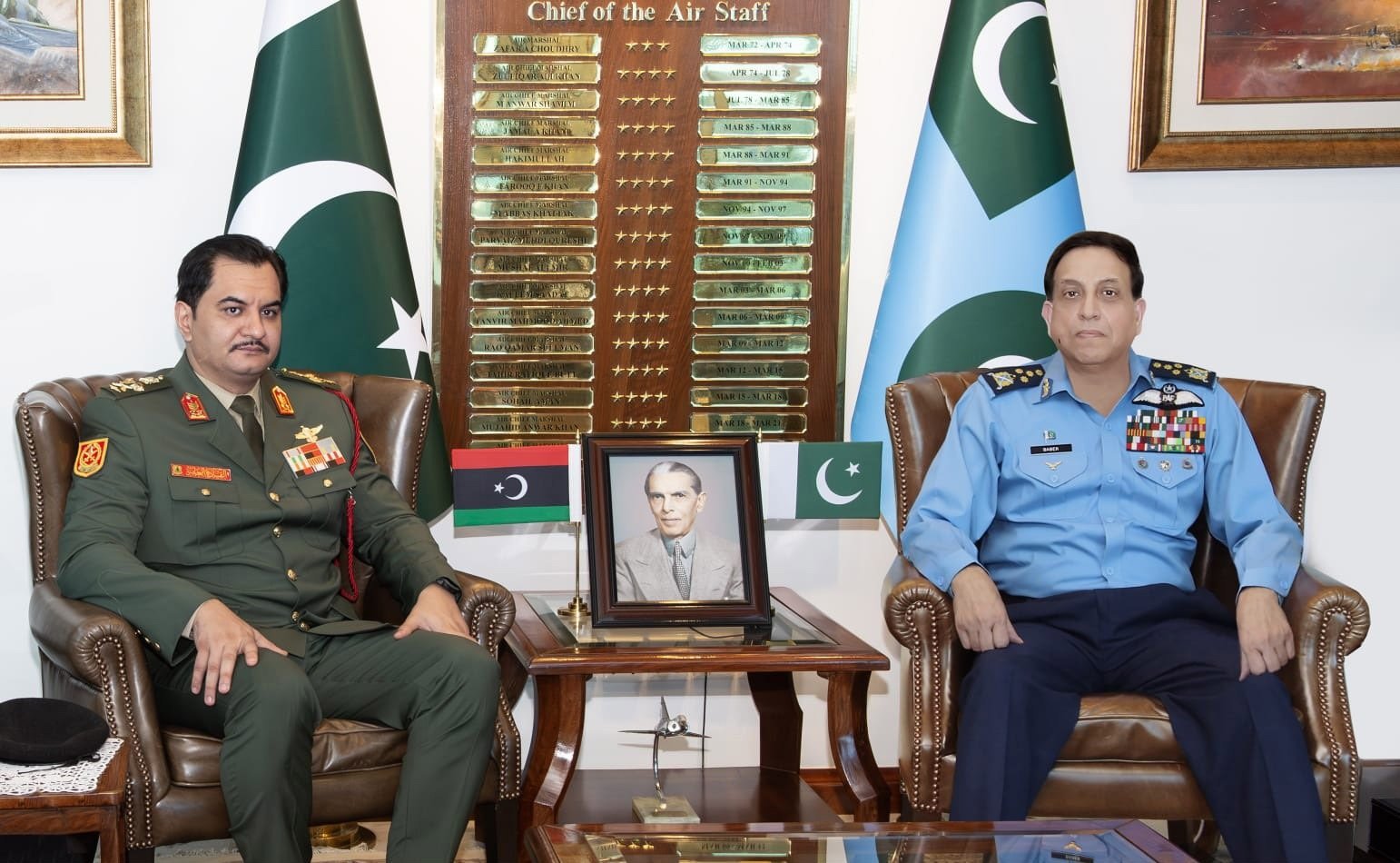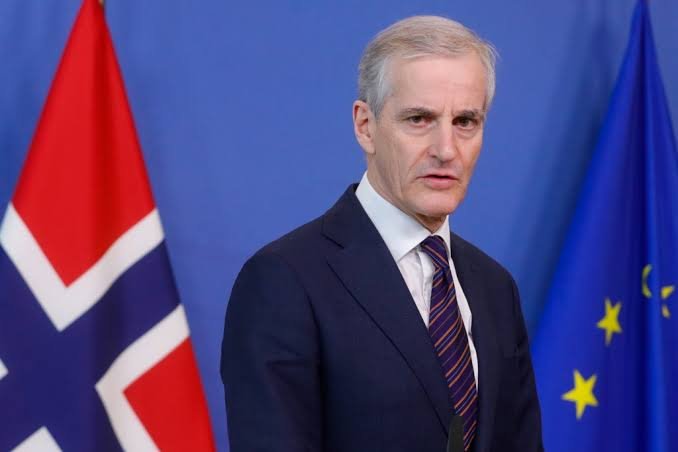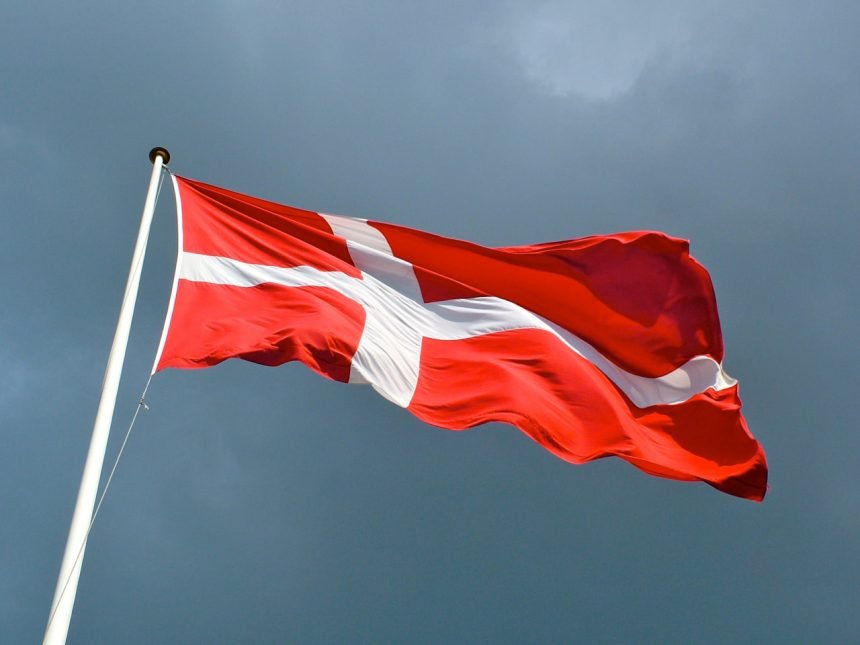Bonn, June 19, 2025 – The Europe Today: As part of the 62nd Sessions of the United Nations Framework Convention on Climate Change (UNFCCC) Subsidiary Bodies in Bonn, the COP29 Presidency organized a High-Level Panel titled “Baku Hub Partnership – Advancing Peace-Positive Climate Action in Vulnerable Contexts.”
The event brought together senior representatives from governments, international organizations, multilateral development banks, climate funds, civil society, and youth leaders to discuss the integration of climate resilience and peacebuilding in fragile regions.
The opening ceremony featured remarks by Mukhtar Babayev, Special Representative of the President of Azerbaijan on Climate Issues and COP29 President; Abdullah Balalaa, Assistant Minister of Foreign Affairs for Energy and Sustainability of the UAE; and Francesco Corvaro, Special Envoy for Climate Change of the Italian Government. All speakers underscored the strategic importance of the Baku Climate and Peace Action Hub, launched in 2023 under Azerbaijan’s COP Presidency, as a dynamic platform for international collaboration.
It was highlighted that the Baku Hub is now supported by more than 30 countries, several leading global institutions, and over 300 international non-governmental organizations, positioning it as a critical mechanism for aligning climate action with peacebuilding efforts in vulnerable settings.
Elshad Iskandarov, Ambassador-at-Large of Azerbaijan’s Ministry of Foreign Affairs, introduced new pilot projects under the Hub aimed at mobilizing international support and financial partnerships for Chad, Iraq, and Guinea-Bissau. These initiatives focus on addressing the complex challenges at the intersection of climate vulnerability and conflict.
During the panel discussions, the three countries presented their respective projects, outlining national strategies to build climate resilience, enhance institutional capacity, and promote sustainable development in fragile contexts. Speakers expressed appreciation to Azerbaijan for its leadership and assistance in advancing these efforts.
Participants from Germany, the United Kingdom, the Green Climate Fund (GCF), United Nations Environment Programme (UNEP), United Nations Development Programme (UNDP), Islamic Development Bank (IsDB), and African Development Bank (AfDB) voiced their strong support for the implementation of the pilot projects. They emphasized that these initiatives will address critical challenges such as water scarcity, land degradation, food insecurity, and climate-induced migration, with the potential to improve the lives of over 500 million people worldwide.
In his concluding remarks, Yalchin Rafiyev, COP29 Lead Negotiator and Deputy Foreign Minister of Azerbaijan, expressed gratitude for the international recognition of the Baku Hub’s impact. He reaffirmed Azerbaijan’s commitment to supporting least developed and climate-vulnerable countries, particularly at the critical juncture of peace and climate action.
The panel marked a significant step toward operationalizing the Baku Hub’s global vision, reinforcing its role as a catalyst for inclusive, peace-positive climate initiatives in fragile and conflict-affected regions.
